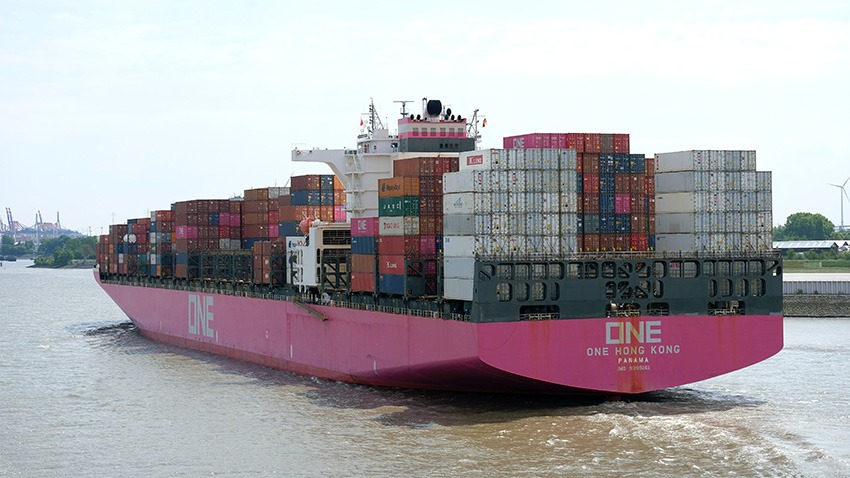Cargill, one of the biggest shipping companies globally, is partnering up with BAR Technologies. Together they’ll bring wind power technology to commercial ships to bring CO2 emissions down, the two companies reported on Wednesday.
The project will fit large solid wings sails that measure up to 45 meters tall onto the commercial ships. They’ll harness wind power and travel faster and with a CO2 emission reduction of nearly 30%, as the company report says.
The solid wings are developed by BAR Technologies, a spin-off company from Ben Ainslie Racing (BAR), “the British team formed by Olympic and World Champion sailor Sir Ben Ainslie.”
BAR was formed in 2016, and they’re developing design, knowledge, and technical skills from the yacht racing discipline for it to be available to the commercial world.
About the partnership, Jan Dieleman, president of Cargill’s Ocean Transportation business, said: “we will bring bespoke wind solutions to customers who are actively seeking to reduce CO2 emissions from their supply chain; with the WindWings technology, Cargill will be able to offer customers a solution that improves vessel efficiency; independent of the fuel or type of engine used.”
Recommended to you: Energy jobs for the future: clean or fossil?
Wind power in the shipping business future
On the other hand, Martin Whitmarsh, CEO at BAR Technologies, added, “Cargill’s endorsement of our technology is a very significant step forward at the forefront of the industry. Together we’re putting our words into action, marking this project as a first of its kind. We’re thrilled to be partnering with Cargill; to bring this ground-breaking technology to life and look forward to exploring further efficiency opportunities together in the future.”
The project is on the design stage and will bring together a larger group of companies to deliver water prototypes in early 2022. Cargill is one of the largest companies in the commercial shipping business, chartering a fleet of more than 600 ships at one time.
With this initiative, the maritime transportation industry will face an important goal for years to come: to reduce their emissions by 40% by 2030 and 70% by 2050. Not an easy goal to reach, considering that 90% of the world trade is transported by sea.
According to Reuters, carbon emissions from shipping rose in the last six years, and they account for 2.9% of all the emissions in the world.


